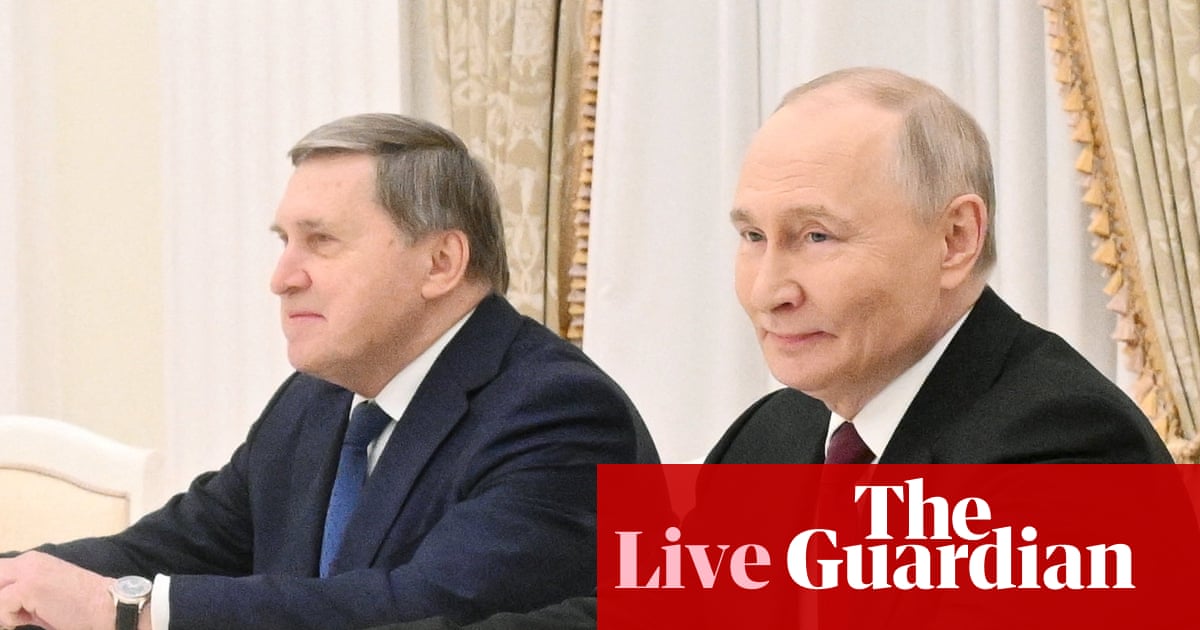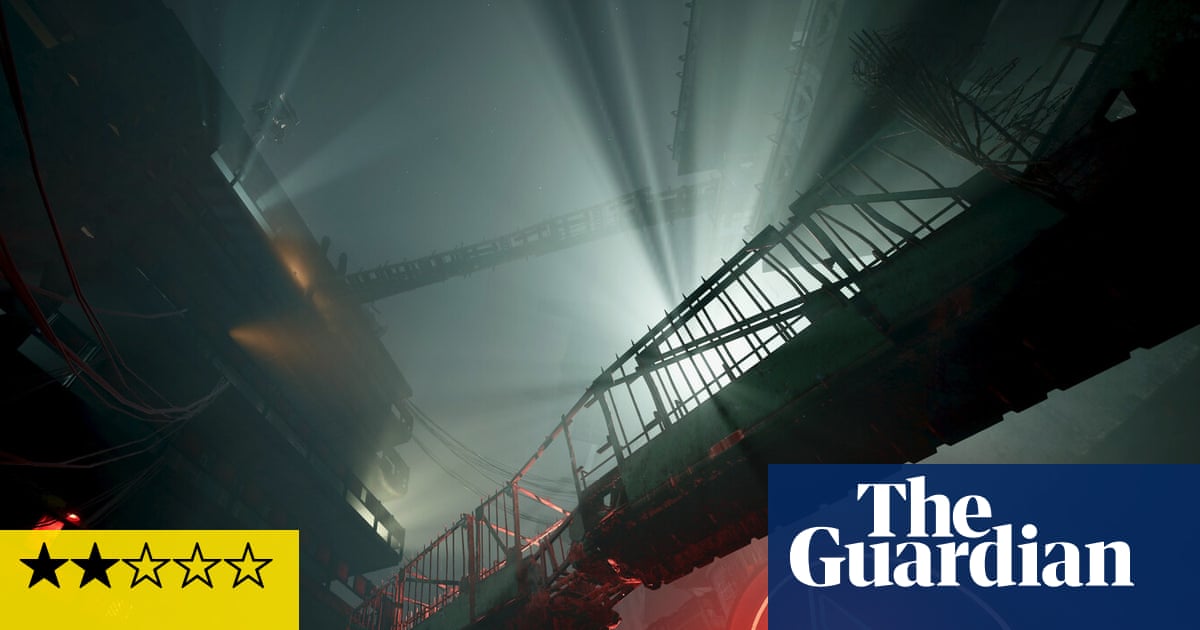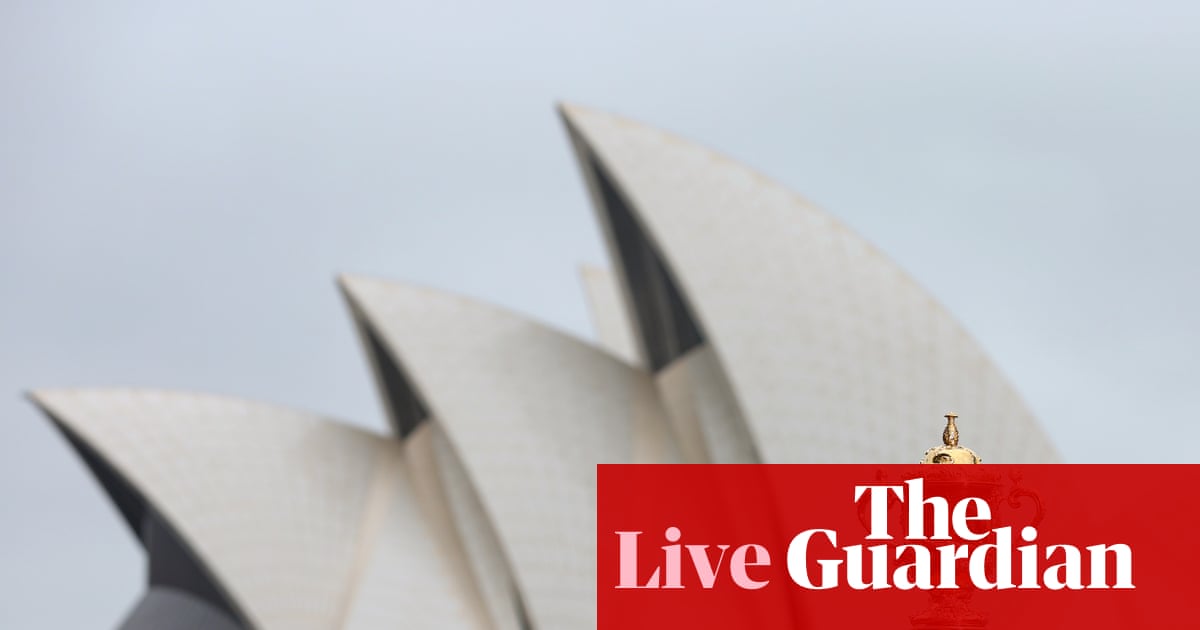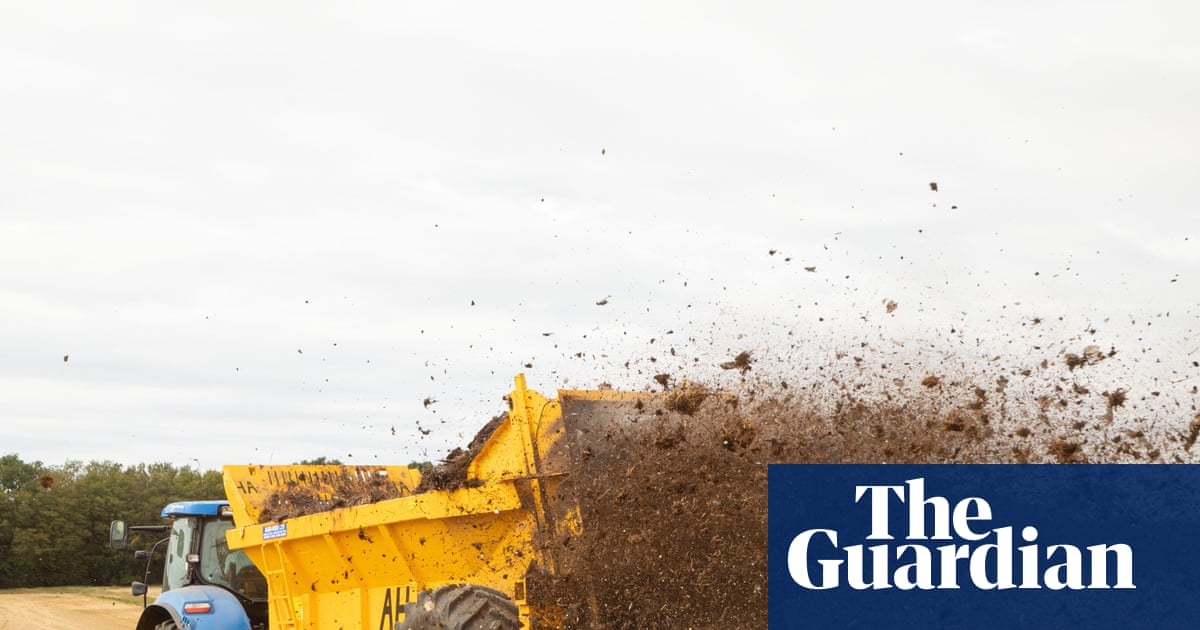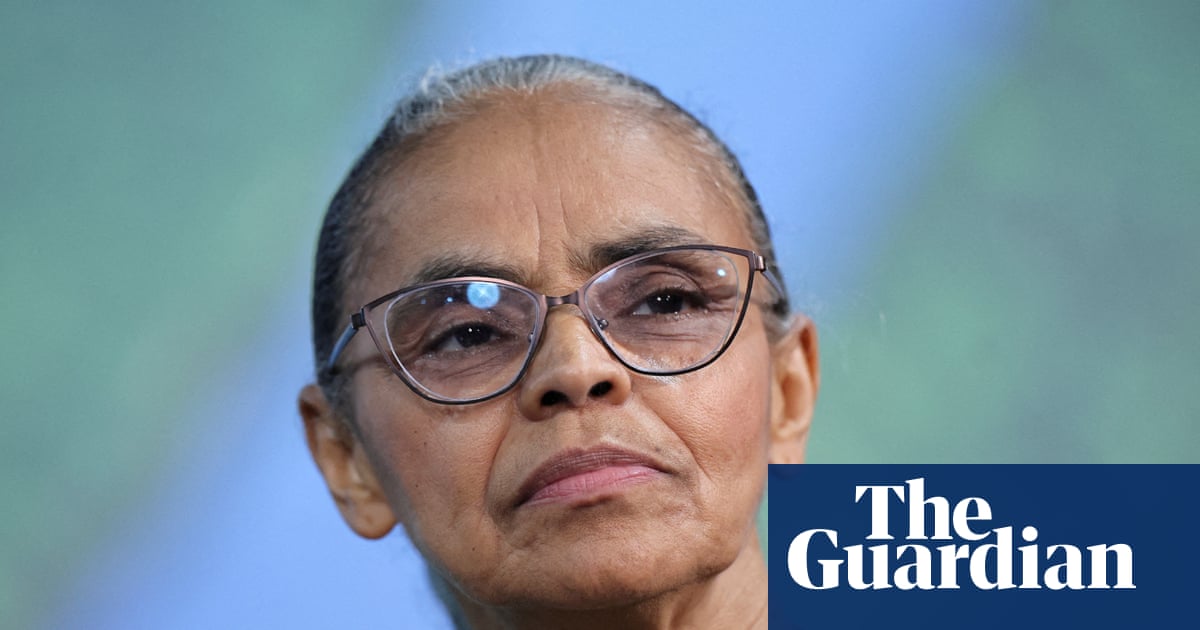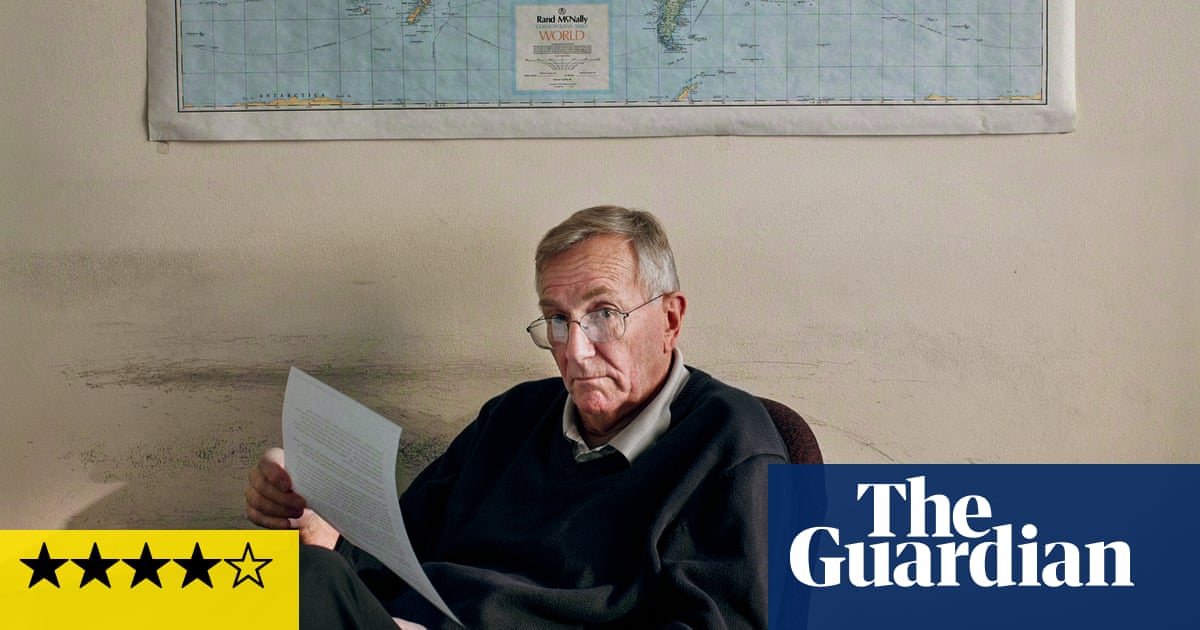Hamas says it cannot retrieve further bodies of hostages
Hamas has handed over the remains of two more deceased hostages and said it will be unable to retrieve any more bodies from Gaza’s ruins without specialised equipment.
Israel threatened to resume fighting because of the limited number of bodies given back – well short of the US-backed ceasefire’s demand to hand over all of the remains – but senior US advisers later said Hamas aimed to stick to its pledge to return the dead captives.
The militant group’s armed wing said the two bodies returned late on Wednesday would be the last for now but that it was “exerting great effort” to retrieve others.
Aid trucks rolled into Gaza on Wednesday and Israel reportedly resumed preparations to open the main Rafah crossing after warning it could keep it shut and reduce aid due to bodies being returned too slowly. An Israeli official said 600 aid trucks would go in.
The US advisers were quoted as saying retrieving the bodies from Gaza was difficult because the territory had been “pulverised” and specialised equipment would be needed to get them out.
“We continue to hear from them that they intend to honour the deal,” one of the advisers said on condition of anonymity on Wednesday when asked if Hamas would stick to the agreement. “They want to see the deal completed in that regard.”
In other key developments:
-
Trump said he would consider allowing Israeli prime minister Benjamin Netanyahu to resume military action in Gaza if Hamas refused to uphold its end of the agreement, telling CNN that Israeli forces could return to the streets “as soon as I say the word”. But the US president also said at the Oval Office when asked if Hamas was sticking to the deal: “They’re digging. They’re finding a lot of bodies.”
-
The Israeli army said on Thursday it had identified the remains of the two hostages, Inbar Hayman and Mohammad al-Atrash, returned on Wednesday night. Before that handover Hamas had returned the remains of seven of the 28 known deceased hostages, along with an eighth body that Israel said was not a former hostage.
-
The Israeli government had threatened to halt the opening of Gaza’s Rafah crossing with Egypt on Thursday, actions criticised as “outrageous” by aid agencies. As trucks loaded up with aid lined up on the Egyptian side on Wednesday, the key crossing remained closed.
-
Aid agencies warned the humanitarian situation on the ground remains at crisis point, while Unicef said it was still waiting for aid deliveries to surge. UN humanitarian chief Tom Fletcher was expected to head to the Rafah crossing on Thursday.
-
Israel returned the bodies of 45 Palestinians and work to identify them was under way in Gaza. It took the total to 90 so far.
-
Gaza’s civil defence agency said Israeli fire killed three Palestinians on Wednesday, including two trying to reach their homes in Gaza City’s Shujaiya neighbourhood. The Israeli military said “several suspects were identified crossing the yellow line and approaching” troops in northern Gaza, referencing the line Israeli forces have pulled back to under the ceasefire.
-
A senior US military leader called on Hamas to stop violence against civilians and to “disarm without delay”, as the militant group reasserts itself by deploying security forces and executing those it deems collaborators with Israel.
With agencies
Key events Show key events only Please turn on JavaScript to use this feature
Israel’s military aid agency COGAT told Reuters on Thursday that preparations are ongoing with Egypt to open the Rafah crossing for the movement of people, but the date for the opening will be announced at a later stage.
Israel had earlier warned it could keep Rafah shut and reduce aid into the Palestinian territory as Hamas, it said, was returning the bodies of dead hostages too slowly, underlining the risks to a ceasefire that halted two years of devastating war and saw all living hostages held by Hamas released.
COGAT, the arm of the Israeli military that oversees aid flows into the Gaza Strip, said humanitarian aid continued to enter the territory via the Kerem Shalom crossing with Israel, and at other crossings.
The agency added in a statement sent to Reuters:
It should be emphasised that humanitarian aid will not pass through the Rafah crossing. This was never agreed upon at any stage
Two sources had told Reuters on Wednesday that the Rafah crossing was expected to open for people on Thursday. The claims were unable to be independently verified by the Guardian.
A Palestinian rights group has claimed that the director of the Kamal Adwan hospital in Gaza is still being held “hostage” by Israel, Al Jazeera reports.
Dr Hussam Abu Safia, was reportedly abducted by Israeli forces in December 2024.
The Al Mezan Center for Human Rights said in a statement that the director is being held in an Israeli prison, urging international allies to assist and make Israel “end its systematic and widespread use of arbitrary detention and the unlawful holding of Palestinians as hostages”.
The group said:
The prolonged detention without charges of Dr Abu Safia, amid documented accounts of torture, inhumane detention conditions, and the absence of any indication of release, indicates that he is being held as a hostage.
Al Mezan warns that Israel may be using his detention, along with that of thousands of other Palestinians, as political leverage in ongoing ceasefire negotiations.
The Israeli army announced on Thursday that it had identified the remains of hostages, Inbar Hayman and Mohammad al-Atrash, whose bodies had been returned to Israel the previous evening by Hamas, Agence France-Presse (AFP) reports.
An army statement said:
Following the completion of the identification process by the National Institute of Forensic Medicine … (Israeli military) representatives informed the families of Inbar Hayman and Sergeant Major Mohammad al-Atrash that their bodies had been returned for burial.
Inbar Hayman, a graffiti artist from Haifa known by the pseudonym “Pink”, was 27 when she was killed at the Nova music festival. Her remains were taken to Gaza. The remains of Sergeant Maj Mohammad al-Atrash, a 39-year-old soldier of Bedouin origin who was killed in combat on 7 October, were also taken to the Palestinian territory.
Defence minister Israel Katz extended his condolences to the families “on behalf of the entire defence establishment” in a post on X.
He added:
Inbar was abducted from the Nova festival and assassinated by Hamas murderers on October 7, and Mohammad fell in battle after defending the division’s soldiers with supreme heroism
The office of prime minister Benjamin Netanyahu said the government “shares in the deep sorrow” of the two families and all the families of the fallen hostages.
The statement added:
The Hamas terrorist organisation is required to uphold its commitments to the mediators and return (the hostages) as part of the implementation of the agreement. We will not compromise on this.

Patrick Wintour
Patrick Wintour is diplomatic editor for the Guardian
As the world waits to see if the Gaza ceasefire holds, the role of Qatar, one of the four guarantors of the agreement, is absolutely central.
Probably more than any other country, the vastly wealthy Gulf state holds influence over what Hamas may choose to do in future. This stems from its complicated twin status as an Israeli-endorsed mediator and a unilateral conduit for aid and cash to Hamas in Gaza. For more than a decade, Qatar has also hosted the political leadership of Hamas in Doha.
By signing the New York declaration on 29 July along with other Arab states, Qatar for the first time agreed to the principle of Hamas ending its rule in Gaza and handing over its weapons to the Palestinian Authority (PA) “in line with the objective of a sovereign and independent Palestinian state”.
It also “condemned the attacks committed by Hamas against civilians on the 7th of October”, in a significant step that brought Qatar’s position closer to those of Saudi Arabia and the United Arab Emirates.
But it is not just in its formal statements that Qatar has started to demand more of Hamas. Editorial management changes were recently introduced at Al Jazeera, the hugely influential Qatari-owned media empire that became “the voice of the resistance” through the Middle East. Al Jazeera’s portrayal of Hamas had become more nuanced. In private discussions, too, Qatar’s leaders applied new levels of pressure on Hamas’s political leadership.
You can read the full piece from Patrick Wintour here: Mediator in chief: how role of Qatar will be central to Gaza ceasefire holding
Hamas says it has returned all hostage bodies it can reach for now
Hamas has announced that the remains of all the deceased Israeli hostages that it can reach have been handed back and it would need specialist recovery equipment to retrieve the rest from Gaza’s ruins, amid threats from Israel to resume fighting if the terms of ceasefire are not honoured.
Two further bodies were handed over late on Wednesday, after Hamas had already returned the remains of seven of 28 known deceased hostages – along with an eighth body which Israel said was not that of a former hostage.
Soon after, the Ezzedine Al-Qassam Brigades said in a statement on social media that the group had “fulfilled its commitment to the agreement by handing over all living Israeli prisoners in its custody, as well as the corpses it could access … as for the remaining corpses, it requires extensive efforts and special equipment for their retrieval and extraction.”
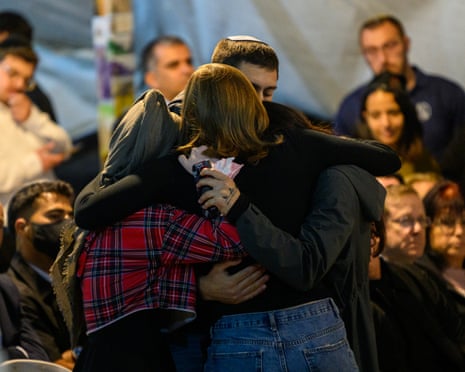
Since Monday, under a ceasefire agreement brokered by US president Donald Trump, Hamas has handed back 20 surviving hostages to Israel in exchange for nearly 2,000 Palestinian prisoners freed from Israeli jails.
Israel’s defence minister threatened on Wednesday to resume fighting if Hamas does not honour the continuing terms of the deal.
“If Hamas refuses to comply with the agreement, Israel, in coordination with the United States, will resume fighting and act to achieve a total defeat of Hamas, to change the reality in Gaza and achieve all the objectives of the war,” a statement from Israel Katz’s office said.
Seeking to keep the pressure on Hamas, Trump said he would consider allowing Israeli forces to resume fighting in Gaza if Hamas fails to uphold its end of the ceasefire deal that he brokered.
“Israel will return to those streets as soon as I say the word. If Israel could go in and knock the crap of them, they’d do that,” Trump was quoted as saying to CNN in a brief telephone call when asked what would happen if Hamas refused to disarm.
After the threat from Katz, senior US advisers briefed the media late on Wednesday that Hamas was aiming to stick to its pledge to return the bodies of dead hostages.
You can read the full story here: Hamas says all reachable hostage bodies recovered amid Israel threat to resume Gaza fighting
Hamas says it cannot retrieve further bodies of hostages
Hamas has handed over the remains of two more deceased hostages and said it will be unable to retrieve any more bodies from Gaza’s ruins without specialised equipment.
Israel threatened to resume fighting because of the limited number of bodies given back – well short of the US-backed ceasefire’s demand to hand over all of the remains – but senior US advisers later said Hamas aimed to stick to its pledge to return the dead captives.
The militant group’s armed wing said the two bodies returned late on Wednesday would be the last for now but that it was “exerting great effort” to retrieve others.
Aid trucks rolled into Gaza on Wednesday and Israel reportedly resumed preparations to open the main Rafah crossing after warning it could keep it shut and reduce aid due to bodies being returned too slowly. An Israeli official said 600 aid trucks would go in.
The US advisers were quoted as saying retrieving the bodies from Gaza was difficult because the territory had been “pulverised” and specialised equipment would be needed to get them out.
“We continue to hear from them that they intend to honour the deal,” one of the advisers said on condition of anonymity on Wednesday when asked if Hamas would stick to the agreement. “They want to see the deal completed in that regard.”
In other key developments:
-
Trump said he would consider allowing Israeli prime minister Benjamin Netanyahu to resume military action in Gaza if Hamas refused to uphold its end of the agreement, telling CNN that Israeli forces could return to the streets “as soon as I say the word”. But the US president also said at the Oval Office when asked if Hamas was sticking to the deal: “They’re digging. They’re finding a lot of bodies.”
-
The Israeli army said on Thursday it had identified the remains of the two hostages, Inbar Hayman and Mohammad al-Atrash, returned on Wednesday night. Before that handover Hamas had returned the remains of seven of the 28 known deceased hostages, along with an eighth body that Israel said was not a former hostage.
-
The Israeli government had threatened to halt the opening of Gaza’s Rafah crossing with Egypt on Thursday, actions criticised as “outrageous” by aid agencies. As trucks loaded up with aid lined up on the Egyptian side on Wednesday, the key crossing remained closed.
-
Aid agencies warned the humanitarian situation on the ground remains at crisis point, while Unicef said it was still waiting for aid deliveries to surge. UN humanitarian chief Tom Fletcher was expected to head to the Rafah crossing on Thursday.
-
Israel returned the bodies of 45 Palestinians and work to identify them was under way in Gaza. It took the total to 90 so far.
-
Gaza’s civil defence agency said Israeli fire killed three Palestinians on Wednesday, including two trying to reach their homes in Gaza City’s Shujaiya neighbourhood. The Israeli military said “several suspects were identified crossing the yellow line and approaching” troops in northern Gaza, referencing the line Israeli forces have pulled back to under the ceasefire.
-
A senior US military leader called on Hamas to stop violence against civilians and to “disarm without delay”, as the militant group reasserts itself by deploying security forces and executing those it deems collaborators with Israel.
With agencies

.png) 1 month ago
39
1 month ago
39
